May 16, 2024
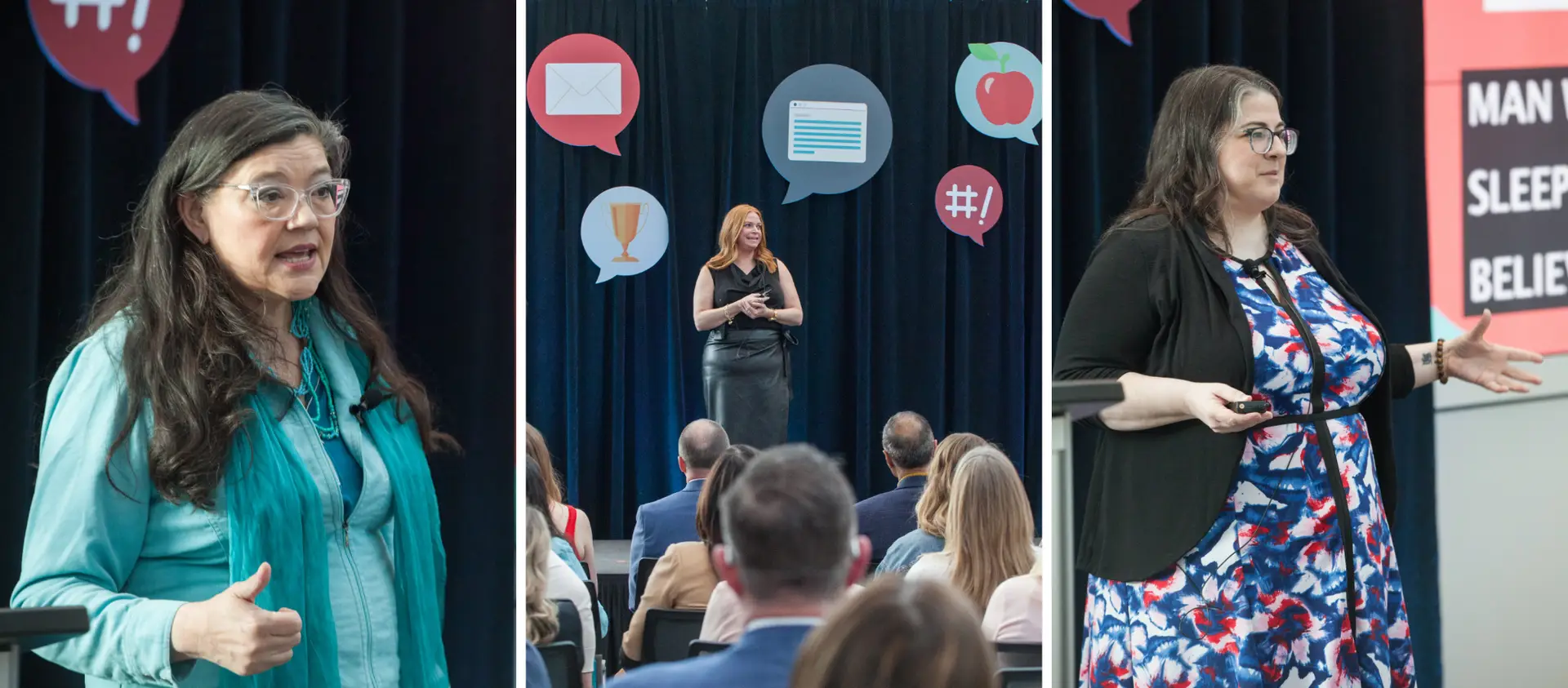
Women’s mental health advocates Matricia Bauer, Brandi Gruninger, and Tanaura Seon answer your important questions
about women’s mental well-being, exploring the nuanced societal and systemic barriers women face today.
United Way’s Women United recently hosted MindFULL: A Candid Conversation on Women’s Mental Health, a thought-provoking event where personal stories were shared, insights were gained, and connections were made. Attendees explored the nuanced challenges women face in maintaining their mental health in today’s society.
Women’s mental health is a multi-faceted landscape. Messages bombard women daily, dictating how they should look and act, what they should eat, how they should age all while pressuring them to do it all, and do it BETTER. It’s time to reject the tired notion that women can preserve their mental well-being by practicing self-care alone.
The event aimed to shift the focus from individualized self-care to a collective understanding of the societal and systemic barriers that impact women’s overall well-being and success. Through strategic partnerships and programs, United Way leads the way in building a strong community where everyone has the resources and support to thrive mentally, emotionally, and socially.
The event featured three remarkable speakers, each bringing a unique perspective to the conversation:
Matricia Bauer, the visionary leader behind Warrior Women, an Indigenous mother-daughter drumming group rooted in tradition, offered insights into the intersection of culture, tradition, and mental health.
Brandi Gruninger, a psychologist and passionate advocate for women’s mental health, provided a clinical perspective, emphasizing the importance of seeking professional help.
Tanaura Seon, a United Way impact speaker and long-term volunteer with the Canadian Mental Health Association, shared her personal experience to highlight that everyone needs help sometimes and no one has to feel alone.
Following the event, we connected with Matricia, Brandi, and Tanaura to ask them some of the questions our attendees had about women’s mental health to continue this vital conversation.
If you are looking for mental health resources, you can contact the confidential 211 Alberta information line for available supports in your area.
Matricia Bauer
Values are complex and made up of both lived and learned experiences. Deep down, everyone has core values and universal truth. You just need to look within.
Tanaura Seon
This takes work and introspection. Our values are formed from so many different factors, and they can also evolve over time. Quiet contemplation over what is happening in our lives and what brings us joy can really cause a shift in perspective. I know for myself; I try and sit down once a year and really evaluate what is working and not working in my life so I can make changes to enhance my happiness.
Brandi Gruninger
You can use a values exercise to help you determine this. Here is a simple one:
Often these are not aligned, and we can see where we need to make changes.
Matricia Bauer
To forgive and forget, but I find that time helps.
Brandi Gruninger
For me, it’s constantly evaluating who I really am versus who I thought I was. I am always evaluating myself. What am I actually good at? What do I really enjoy? Can I step into a new part of my identity that I wasn’t able to embrace before? I am always learning to grow my sense of self and stepping outside of the boxes I have put myself in.
Tanaura Seon
We’re all constantly learning. Once you feel like you have it all figured out, something will change and cause you to take a step back. It’s important to look at the step back as part of a dance, and remember you’ll move forward again. We are all on our own learning journeys.
Matricia Bauer
We can start by de-stigmatizing receiving help. We need to normalize mental health and accept that taking care of our mental wellbeing is just as important as brushing our teeth or getting a mammogram.
Tanaura Seon
Mental health IS health. You cannot pour from an empty cup. Women need to take care of themselves first, so that we have the energy to care for others. In that respect, it is not selfish to care for yourself! We deserve the love, care, and empathy that we so freely give to others.
Brandi Gruninger
The first step is the mindset shift. When we start to feel guilty, we need to make a logical argument for our need to put our mental health first. Is it cost-effective? Is it proactive? Is it necessary for us to be better for others? Then it’s about behaviour. Make a plan. Get supplies. Schedule the time. Book that therapy session. Arrange childcare. Ask your partner to pick up some slack.
Matricia Bauer
Excellent mental health services are expensive and aren’t always affordable, or available in rural areas.
Brandi Gruninger
We cannot focus our energy to solve mental health problems if our underlying needs are not met. Financial hardships affect one’s basic physiological needs for shelter, nutrition, and safety. If these needs aren’t met, women cannot work on higher level needs, like their mental health.
Matricia Bauer
Start within and heal yourself first. You are no help to your community unless you’ve done the work yourself. Right now, in the First Nation community there is a lot of lateral violence, and we really must counter with lateral kindness. “Showing up” can be as simple as just being present and offering a cup of tea.
Brandi Gruninger
The best thing we can do is to be vulnerable and authentic. When someone asks how you are, be honest. If you’re having a tough day, say you’re having a tough day. Not everyone is going to respond well to this, and that’s okay. Some people might be uncomfortable, but others will appreciate honesty, offer support, and share their own struggles. These real conversations are the best start.
Tanaura Seon
Be vocal. Often, we feel like we’re all alone with our struggles. Like no one else is having a hard time, and there’s something wrong with us. Share your struggles. Be honest. Be vulnerable. Be willing to share your own experiences, because it makes it so much easier for other people to say, “me too”.
These answers have been edited for length and clarity.
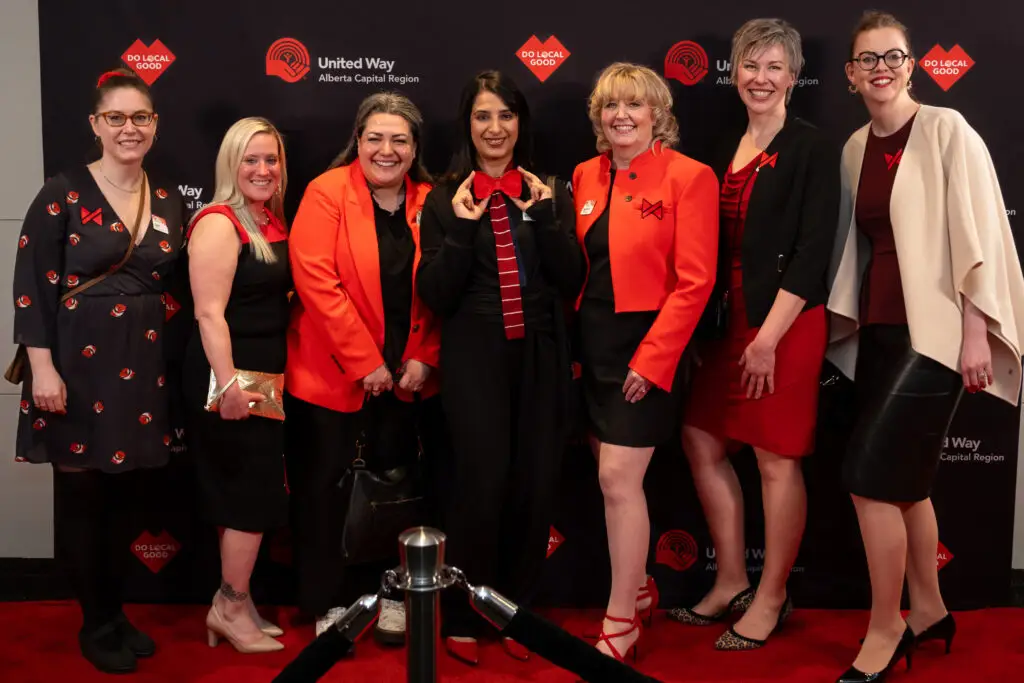
Women United supporters come together to create a brighter future for women and their families. But it’s not just about giving; it's about gaining a sense of purpose, developing a deeper understanding of the issues affecting women and girls, and becoming part of a powerful collective of changemakers. Let's embark on a journey through the inspiring stories of Women United champions and discover how Women United adds value to each of their lives.
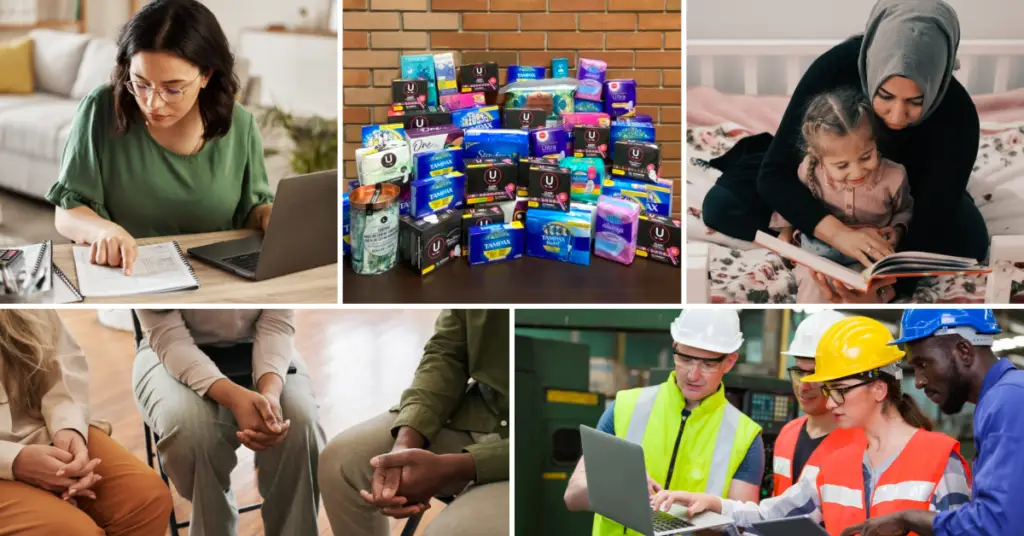
Women United contributions go directly to United Way programs and local front-line agencies that offer services and resources to women and girls who face intersectional barriers to success. In this article, we share how United Way and our local front-line agencies work together to address barriers that largely impact women in our community.
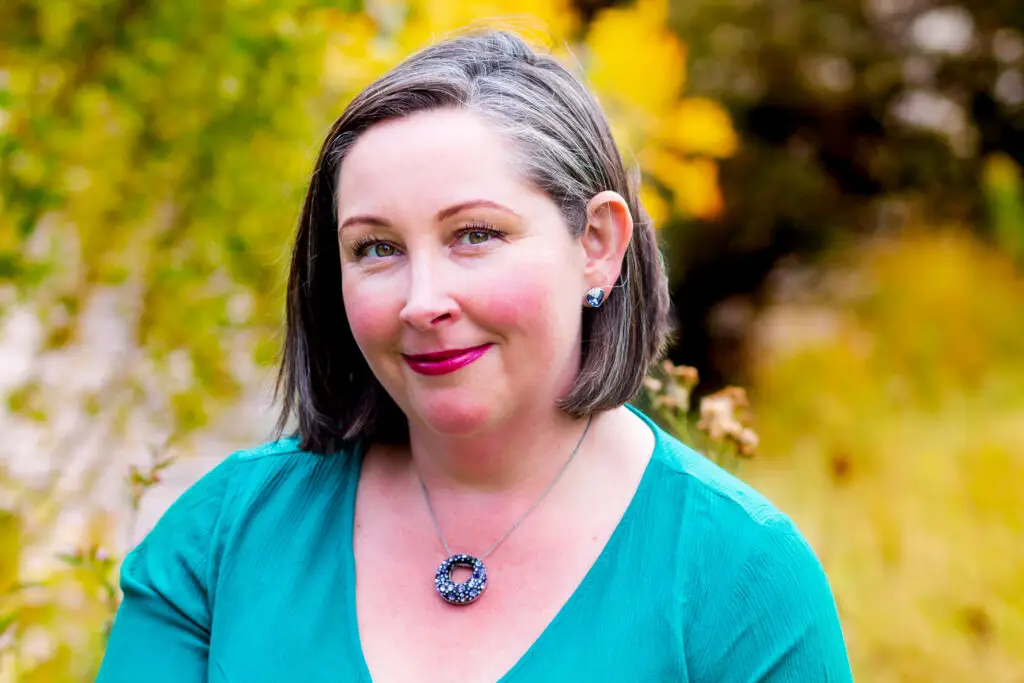
To celebrate International Women’s Day and embrace this year’s theme, #InspireInclusion, Susanne graciously shares her personal journey of self-discovery and recovery.
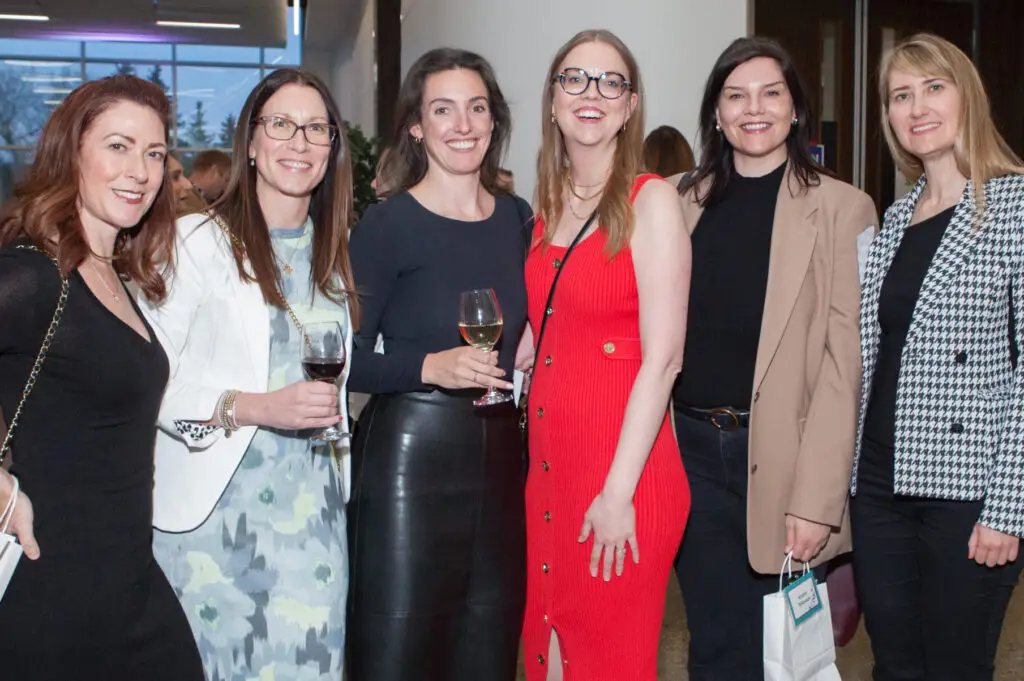
Learn how Women United helps change the lives of local women and how you can be a part of it.
Learn More about Women United